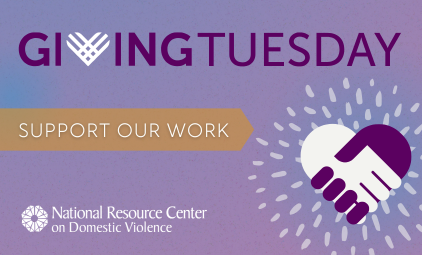The plan sets out six priority areas – early intervention, improved support for Indigenous women, greater choice for women leaving domestic violence, an increased focus on sexual violence, support for children living with violence and perpetrator intervention programs.
The third action plan marks the halfway point of the 22-year national strategy, which aims to take an integrated approach to preventing and responding to domestic violence, bringing together governments, key organisations and the community sector.
“The third action plan sets out an ambitious agenda for achieving change that builds on what has already been done and addresses gaps with new work,” the document said.
“There is still much to do, particularly in the areas of sexual violence, addressing the needs of children experiencing violence and providing greater support and choice for women wanting to leave violence.
“Despite an increase in awareness, the rate of violence against women and their children is escalating. Attitudes about violence remain concerning and new challenges have emerged.”
The plan also reinforced the need for a collective approach to domestic violence, across national, state and territory jurisdictions.
“No government or group can address this problem alone but, by working together and challenging ideas and behaviours that allow violence to occur, all Australians can play a role in reducing violence,” it said.
“The third action plan articulates a purposeful agenda to guide future action that will build on the efforts of key stakeholders and the community to end violence against women and their children in Australia.”
Turnbull unveiled the plan at the Council of Australian Governments (COAG) summit to reduce violence against women in Brisbane on Friday.
Surrounded by state and territory leaders, the prime minister said the issue was beyond partisan politics.
“I believe there is a complete unity ticket across politics and across jurisdictions on this,” Turnbull said.
“I think this issue is beyond politics, frankly. It’s beyond partisan politics, it is something we are all committed to addressing.
“The challenge is, of course, finding the policies and the methods that are most effective, and that’s why [the summit has] been so useful.”
He also admitted that domestic violence should have been on the political agenda earlier.
“We have not paid the attention to this issue that we should have in years past,” he said.
“That’s the truth. That’s why we have the national action plan. That’s why we’re addressing it now.”
Mary Barry, CEO of not-for-profit organisation Our Watch, which is also a national partner of the action plan, said it was “promising”.
“It is pleasing that the third action plan is grounded in the evidence about what drives violence against women, and the understanding that gender inequality is a root cause,” Barry said.
“By implementing our national framework to prevent violence against women and their children, Change the Story, across all jurisdictions, the third action plan is committing to a shared national approach to stop violence against women and their children before it starts.
“The third action plan also rightly acknowledges that working with young people, the media, Aboriginal and Torres Strait Islander communities, local governments and communities, workplaces and schools is key to creating the whole of population cultural change needed to end violence against women and their children once and for all.”
On Friday Turnbull also released further details about the $100 million package to address domestic violence, which was first announced in September 2015.
Around $30 million has been allocated to legal services. The funding includes $18.5 million for integrated duty lawyer and social support services in family law courts, $6.2 million to pilot enhanced models of family dispute resolution for vulnerable families, $5 million for an extra year of the legal assistance pilots under the Women’s Safety Package and $300,000 for data analysis in the legal assistance sector.
If you or someone you know is impacted by sexual assault, domestic or family violence, call 1800RESPECT on 1800 737 732 or visit 1800RESPECT.org.au.
















